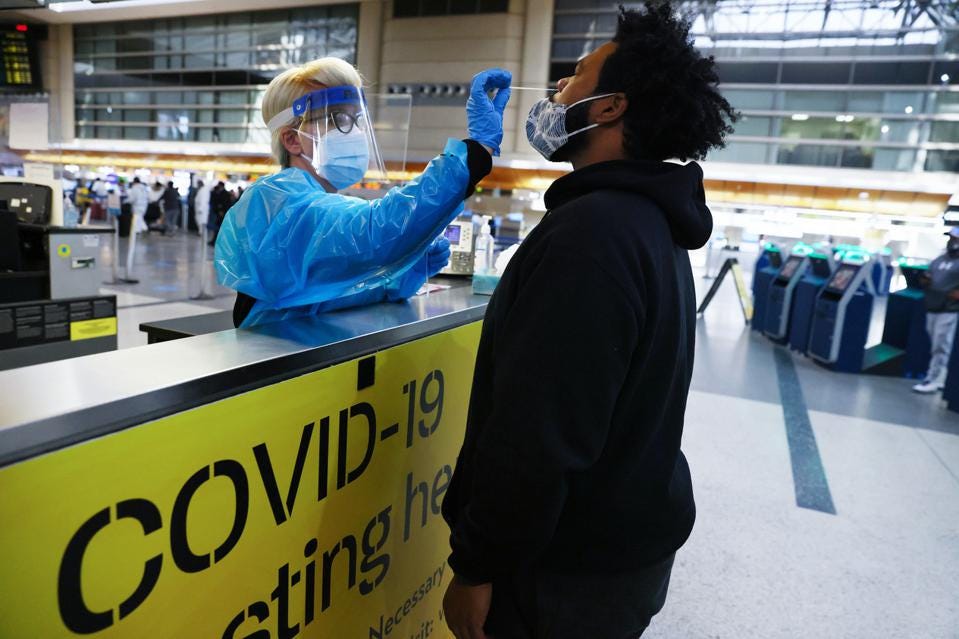FG Confirms COVID-19 XEC Variant Not Present In Nigeria
The Federal Ministry of Health and Social Welfare has clarified that there is no evidence of the strain of the newly detected COVID Variant XEC in Nigeria.
The assurance comes as the variant, first reported in Australia, spreads to 29 countries, raising alarms over its heightened virulence.
In a press release issued on Saturday but dated Friday by the ministry’s Deputy Director of Information and Public Relations, Alaba Balogun, the ministry addressed circulating misinformation about a supposed resurgence of COVID-19 in the country.
“The good news is that there is no evidence of COVID variant XEC in Nigeria,” the statement confirmed, urging the public to disregard rumours fuelled by a letter with reference number DHS/INSPDIV/017/VOL1/46, which has been widely shared online.
The ministry emphasised that the public should remain calm, adhere to universal health precautions, and rely on verified information from official sources.
“In light of the above, the general public is advised not to panic but to continue with the universal precautions of observing personal hygiene, including regular washing of hands,” Balogun stated.
To mitigate potential risks, the Federal Government has ramped up its preparedness across Federal Tertiary Hospitals and border entry points. These measures include establishing molecular laboratories, isolation centres, and intensive care units equipped with ventilators.
“The Federal Government has proactively upgraded our Federal Tertiary Hospitals to ensure uninterrupted healthcare delivery to all Nigerians in the event of a disease outbreak,” the release added.
The ministry has also intensified surveillance at Nigeria’s borders and entry points to detect and address any potential cases of the variant, reassuring Nigerians that proactive measures are in place to safeguard public health.
This statement stated that the announcement is a call for vigilance, not alarm, as Nigeria remains free of the new variant.
“Citizens are encouraged to continue their daily activities without disruption while prioritising hygiene and preventive health practices,” it concluded.

